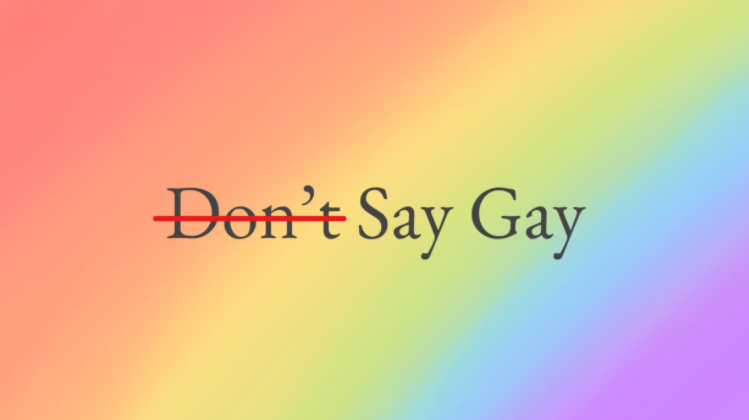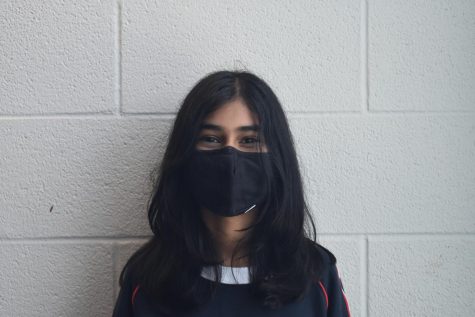Let’s Say Gay
Florida’s legislation has passed a bill that prevents teachers from educating students about LGBTQ+ topics up until third grade. Bills like these will only diminish the efforts that have been made to prevent this kind of exclusion.
Florida’s “Don’t Say Gay” bill takes away students’ integrity and secludes LGBTQ+ youth from their peers.
As of March 28, Florida’s executive and legislative branches have passed a bill prohibiting teachers from educating students in kindergarten through third grade about LGBTQ+ topics and issues. Known as the “Don’t Say Gay Bill,” the legislation states that any lessons mentioning sexual orientation are forbidden, and it also prohibits the discussion of these topics in other grades unless they are deemed ‘age-appropriate.’ This bill also gives parents the ability to sue the school district if these topics are brought up in the classroom. According to ABC News, Representative Carlos G Smith, a gay democrat, said, “This bill, from its introduction, has been used as a vehicle to marginalize and attack LGBTQIA+ people.” This bill not only dehumanizes LGBTQ+ students, but also forces them back into a box and oppresses them. By allowing this bill to pass, we are taking several steps backwards in the journey to equality.
Sophomore Nandita Iyengar is especially concerned about how this would affect the LGBTQ+ community’s journey to equality. “[The bill is] definitely wrong, and no one should be persecuted when it comes to sexuality, gender, or race,” Iyengar said. “Those are things that you should never belittle someone for, and I think that this bill’s pushing people back in the closet, and destroying all of the work that people part of the LGBTQ+ community have worked so hard to achieve.”
Not only are LGBTQ+ students affected by this bill, but also it impacts teachers’ ability to speak freely in their own classroom. English teacher Sara Watkins is concerned about how this bill would affect the relationships and conversations teachers would be able to have with their students.
“I think that it is overstepping the boundaries that teachers and students form in schools,” Watkins said. “Not just that, but it will [also] prohibit teachers from being able to talk about life in general, not just current events.” Watkins worries that students who don’t have the stereotypical heteronormative families wont be able to even talk about their home life and families. “That just opens up the door for students to not feel welcome at schools and plenty of other situations,” Watkins said.
English teacher Paul Koch shared Watkins’ concern, and worries what would happen if similar bills are applied in Virginia, for teachers and students alike.
“I feel like it really impedes a teacher’s humanity,” Koch said. “At the high school level, the expectation is that you have a diverse and wide range of students with different experiences. If they are gay, or have different parts of their life, I want to try to get to know them and meet them there.”
According to FindLaw, an early version of this bill would have required principals to out students to their parents or guardians if they find out that a student is not straight. This section, although now rescinded, is extremely inappropriate and would have allowed schools to meddle in their students’ personal lives.
“This bill prohibits their [LGBTQ+ youth] freedom of expression, and freedom of speech,” Sophomore Ashi Akula said. “They would be scared to express themselves, and feel the need to hide. It’s not right.”
Sophomore Shaila Patel has similar concerns in regards to Florida’s youth. “I think it is an unfair bill to pass for kids and those who are just [starting to] learn how the world works, and I think it’s unfair that they have to be put in a bubble,” Patel said.
To some, sexuality can be a closely guarded secret, for fear of their parents finding out and kicking them out or abusing them. According to Family Resources, 40% of Florida’s homeless population is made up of LGBTQ+ youth. Around half run away due to their family’s rejection, 43% because of being kicked out, and 32% because of physical, mental, and emotional abuse.
FindLaw’s article explains how several states are looking to follow Florida in introducing these types of bills. Tennessee is considering a bill that would prevent schools and teachers from using any books or instructional material showing gay, bisexual, or transgender issues or lifestyles. Similarly, Indiana’s House Bill 1040 would stop teachers from, in any context, talking about sexual or gender orientation, without the parent’s consent. According to AZMIRROR, An Arizona bill would stop schools from incorporating homosexuality in their educational material and prohibiting transgender women from participating on school sports teams that align with their gender identity. They’ve also proposed prison sentences for doctors who perform gender-affirming care for minors.
These bills are extremely harmful to LGBTQ+ students’ mental health. They would heavily influence the way kids see the world. This could garner homophobia and transphobia in the next generations that will grow up with these hateful bills. The hope of moving forward and eliminating homophobia and transphobia in future generations will be lost if these kinds of bills continue to be passed.
“I think [bills like the ‘Dont Say Gay Bill’] will definitely make us [students in the LGBTQ+ community] live in fear more. It’s just another person who’s out to get you, another obstacle in your way, and I feel like it will push back the amount of kids coming out and being supported,” Iyenger said.
Educating kids of this and the next generation is extremely important. With the hope of eradicating homophobia and transphobia in our society, we need to work towards making LGBTQ+ more normalized. Moving forward, schools and school districts should add discussion of LGBTQ+ topics to the curriculum, not erase them, to create awareness and to ensure that students here in Virginia, and everywhere, are educated about LGBTQ+ topics and issues.
Exposure towards LGBTQ+ topics and people is essential to this and the next generation. According to a survey done by Ispos, 42% of people globally have a friend, colleague, or relative that is LGBTQ+, 30% have spoken out against someone who’s prejudiced against LGBTQ+ people, and only 13% have attended a public event in support of the LGBTQ+ community.
Iyengar says that exposure of LGBTQ+ topics to kids is a positive step. is a positive step. “[It’s]a way of normalizing [LGBTQ+ topics] instead of, ‘Oh, hush hush until you get older,’’ Iyengar said.
Watkins agrees that incorporating LGBTQ+ topics in the curriculum is something she would like to see. In a survey done by Education Week, only 57% of teachers said they were comfortable with teaching about LGBTQ+ topics. This survey only represents a small number of teachers and depending on the location of the school, the percentage of people willing to teach about LGBTQ+ will vary, and with bills like this in place, that number will decrease. “[The bill is] going to make some students feel ‘othered,’ it will increase mental health concerns with students who feel that they suddenly are not able to discuss who they are,” Watkins said. “[With this bill], they are not able to be themselves, and to me, that’s a real tragedy.”
Koch thinks educating students that LGBTQ+ issues exist, and that some people live their lives differently than others, is important. “Learning empathy, loving someone who you love, no matter what — those are all good things to teach. What I hope happens in schools, here and in Florida, is that people recognize the humanity in all people, even if they don’t agree or practice the same belief system,” Koch said.
Overall, this bill is harmful towards kids and their development. We need to work together to eliminate this kind of systemic hate towards LGBTQ+ people and communities.
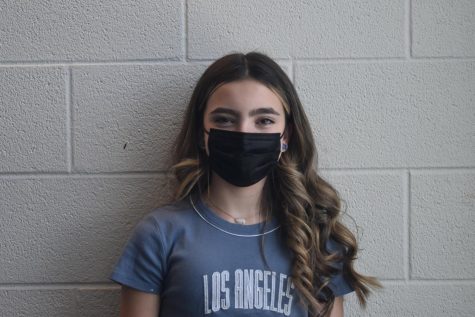
Abby Welch is a freshman at Rock Ridge who just moved here from Arizona! She loves cheer, dance, and being with her friends and family. She is also an aspiring doctor and author!

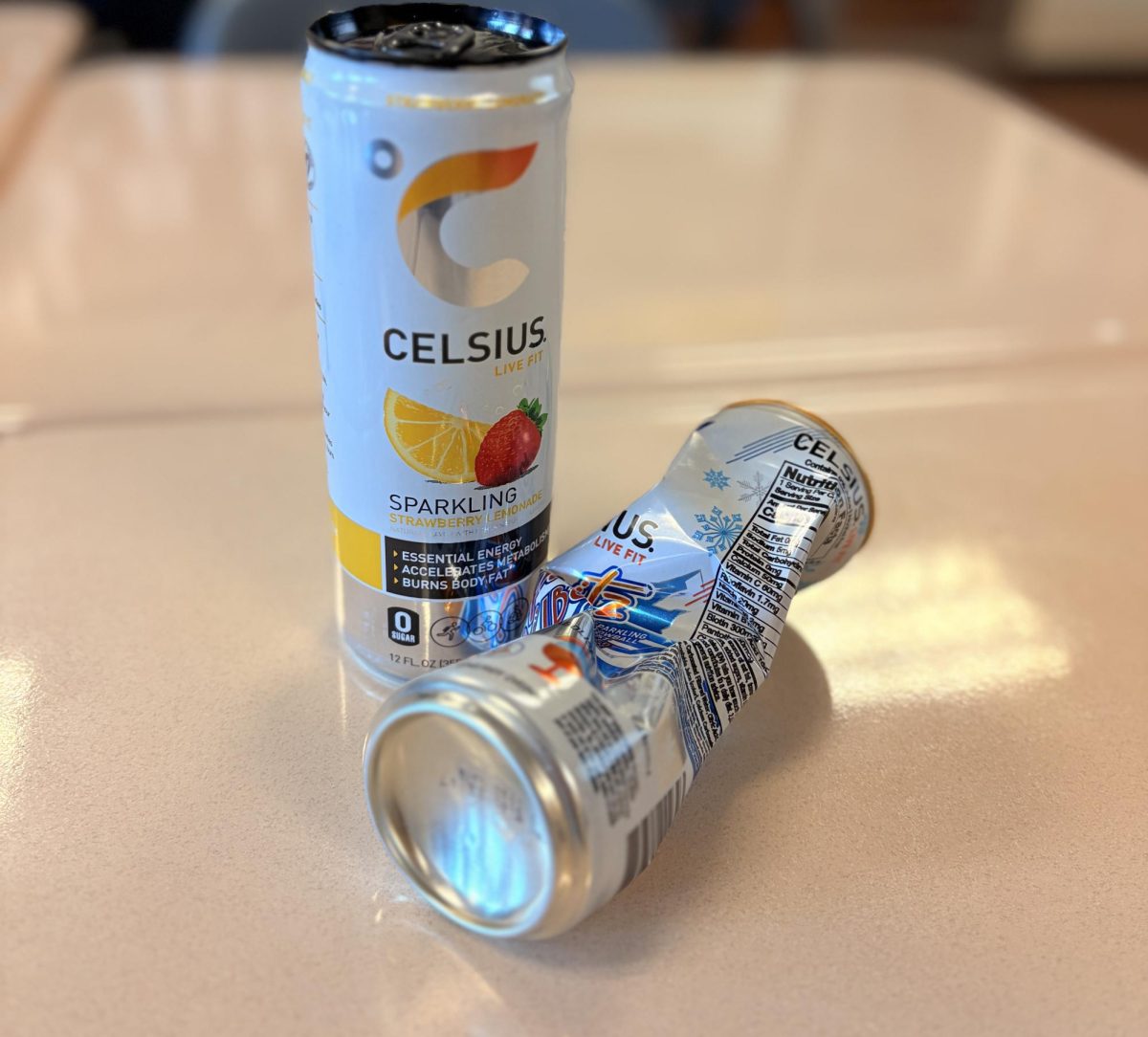
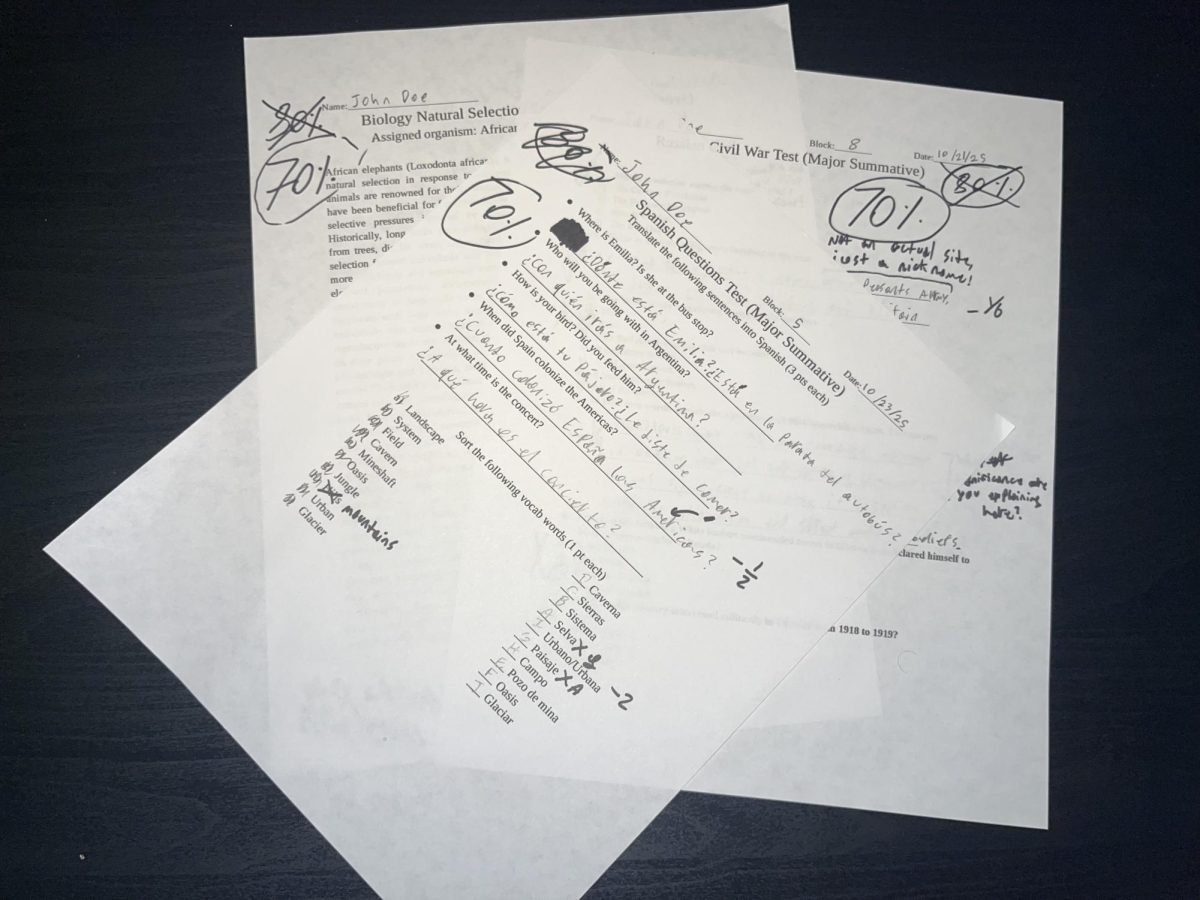



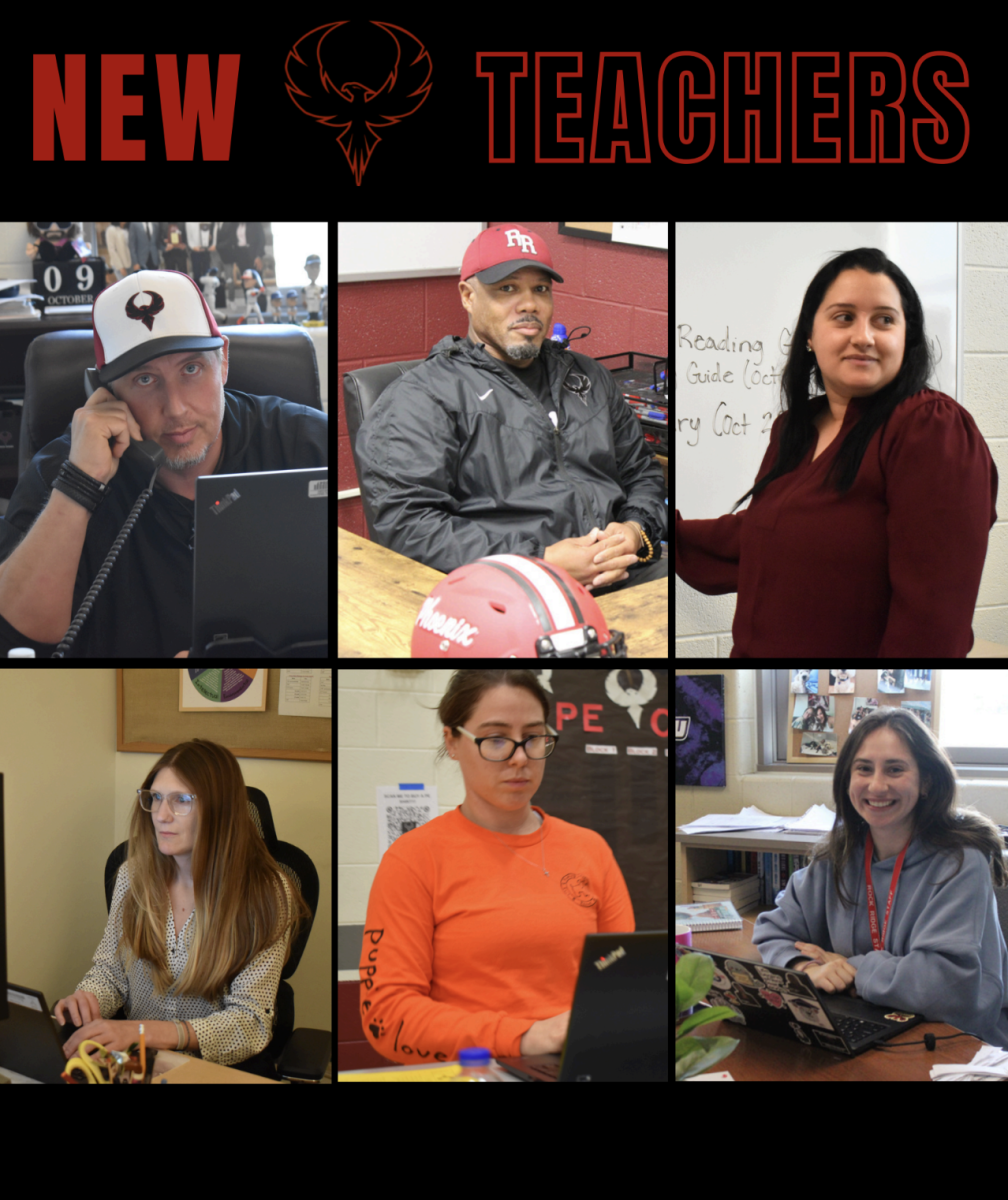
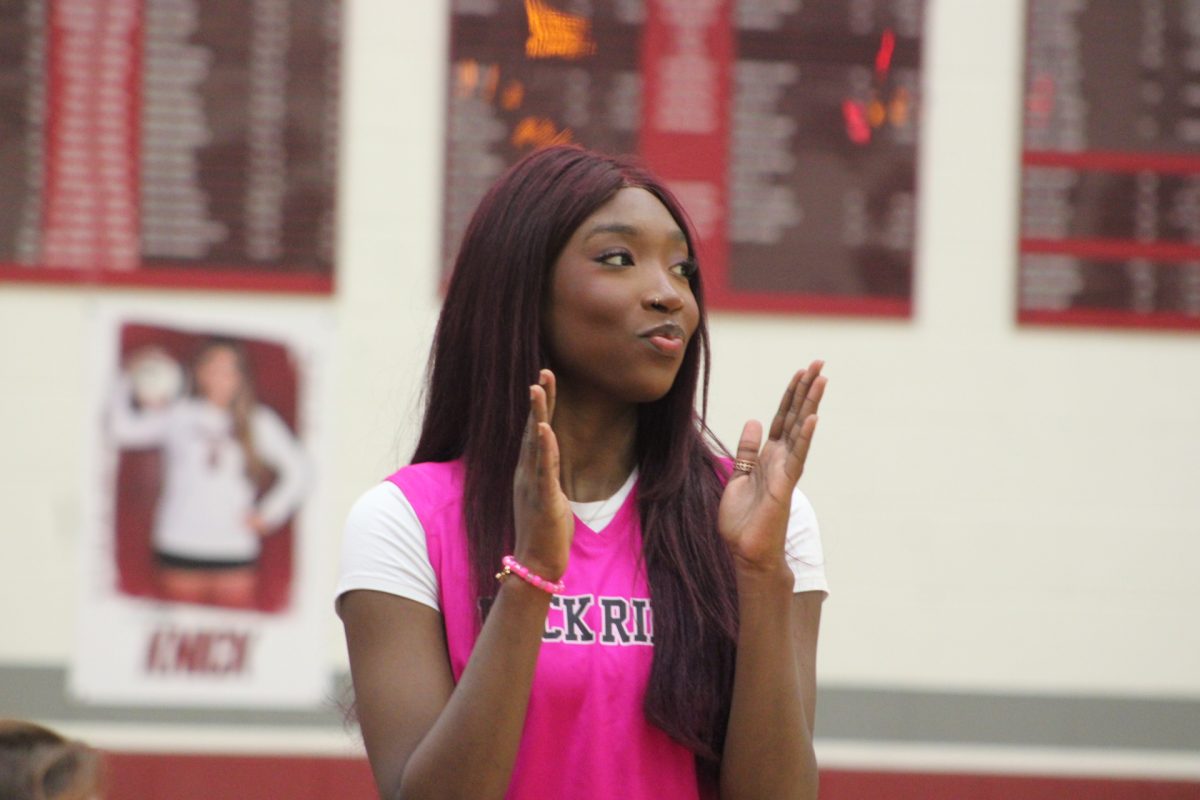
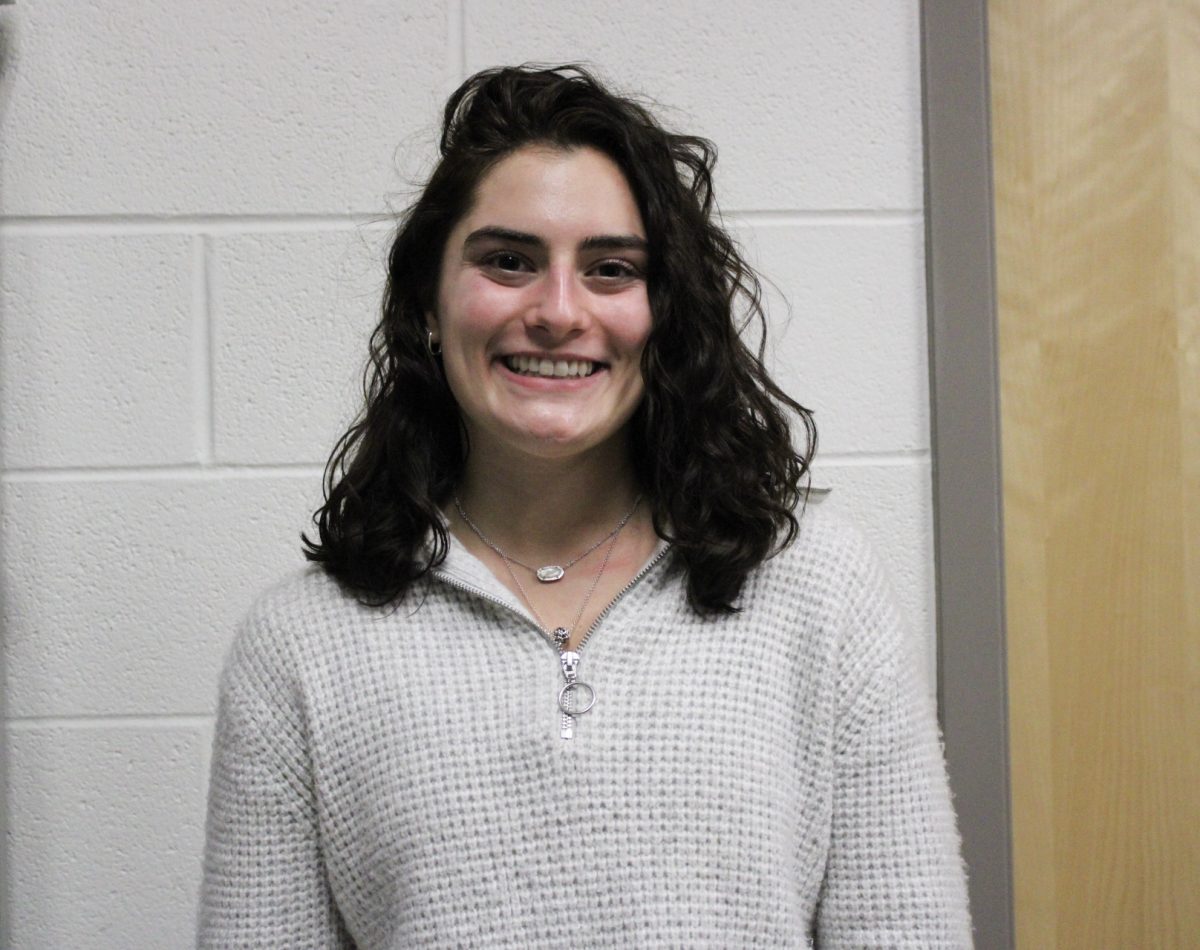






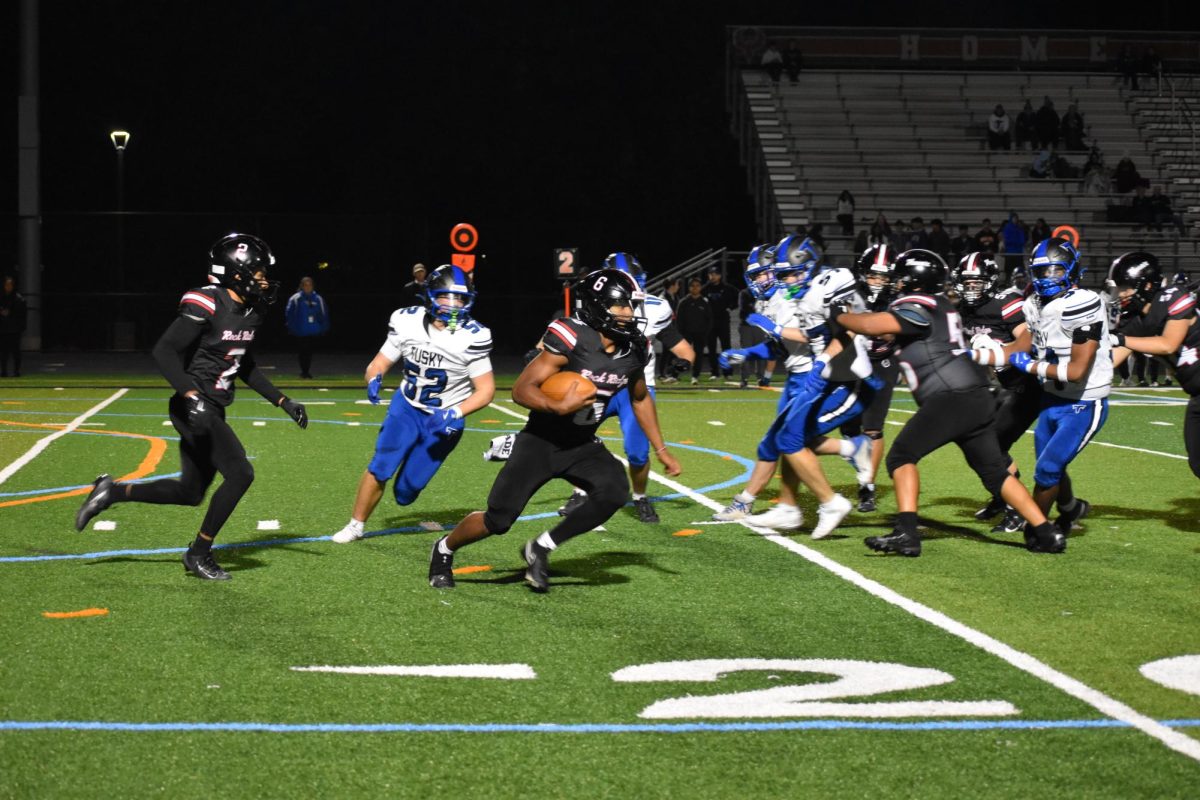
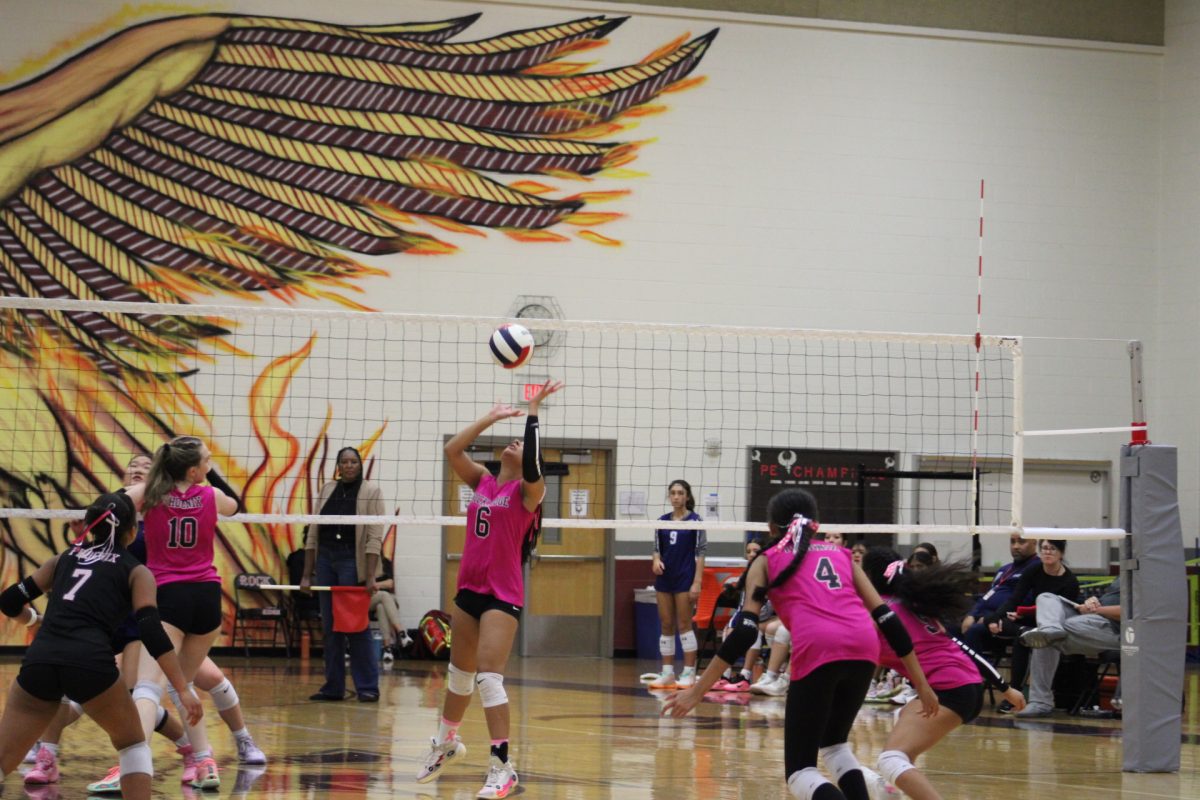







![The Phoenix varsity volleyball team lines up for the national anthem. “We were more communicative [with each other] during this game, and I feel like we kept our energy up, especially after the first set,” senior Jessica Valdov said.](https://theblazerrhs.com/wp-content/uploads/2024/10/DSC_0202-1200x800.jpg)










![Junior Alex Alkhal pitches the ball. “[I] just let it go and keep practicing so we can focus on our goal for the next game to get better as a team,” Alkhal said.](https://theblazerrhs.com/wp-content/uploads/2025/05/DSC_0013-1-1200x929.jpg)


















